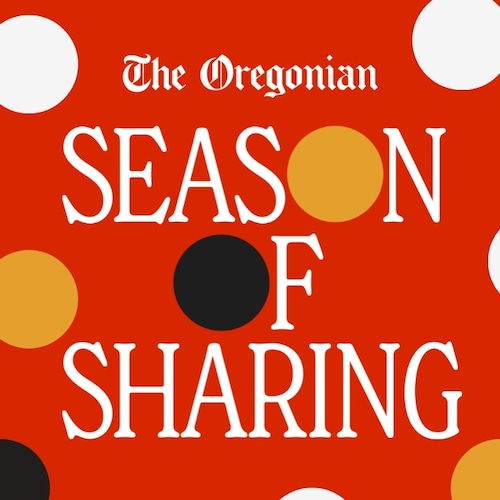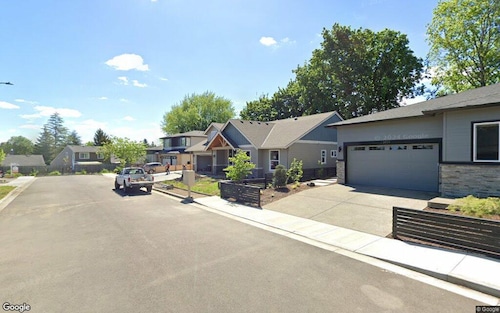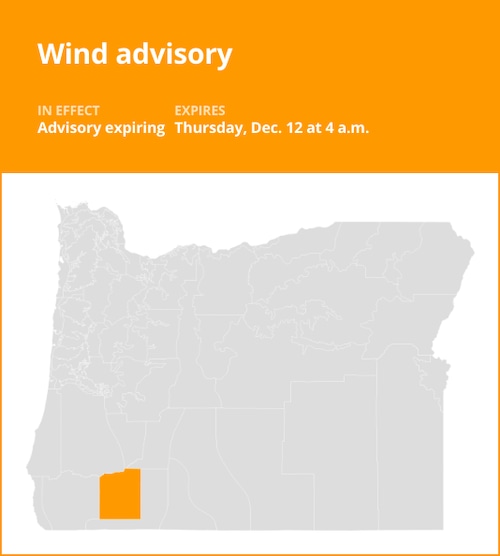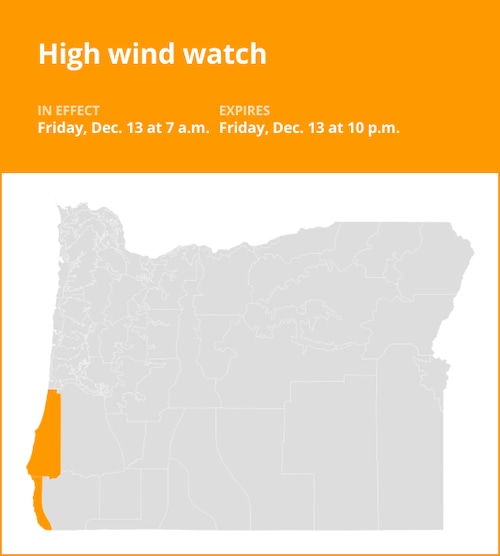Children twirled in circles and stomped their feet to the sounds of drumming during the October Indigenous Peoples Day celebration at Gordon Russell Middle School in Gresham. Each child dressed the part, representing the pride and tenacity of their history as they rejoiced together, with exquisitely beaded moccasins adorning their feet and rainbow fringe streaming from their outstretched arms.
According to Savanna Rilatos, co-founder of the Siletz Regalia Sharing Closet, wearing traditional regalia gives the user a symbolic sense of kinship. This sense of cultural kinship motivated Rilatos to create a resource closet containing regalia for anyone wishing to reconnect with their roots.
According to Rilatos, including young people in the culture and providing them with a sense of belonging is crucial to mending our communities and our youth.
In order to close that gap between accessibility and culture, Rilatos and her cousin Jeidah DeZurney founded the Siletz Regalia Sharing Closet in the summer of 2023. The co-founders have been able to grow the closet in new ways since the group was recently awarded nonprofit status. In Oregon, the two have been very busy creating workshops, forming an advisory board, and seeking for funds.
One of the recipients of The Oregonian/OregonLive’s 2024 Season of Sharing holiday fundraising initiative is Siletz Regalia Sharing Closet.
> Contribute to the Season of Sharing general fund or the Siletz Regalia Sharing Closet. The code Season2024 can also be texted to 44-321.
In their inaugural event, Rilatos and DeZurney displayed over a dozen donated pieces along with other handcrafted things from the closet at the annual Nesika Illahee Pow-Wow in August 2023.
Many individuals donated items and were enthralled with the concept at the powwow, Rilatos added. We simply said, “We must continue doing this because there is such a need.”
Rilatos pointed out that there are numerous obstacles. In terms of money, regalia is costly, and many kids do not have access to Indigenous knowledge and activities.
Working in child education, Rilatos and DeZurney were motivated to give Indigenous children access to regalia in order to empower them and boost their self-esteem.
According to DeZurney, “I think one message that I always tell people is that it’s not really about the regalia.” There is more to it than these tangible pieces of regalia. It’s the safe environment, the knowledge, and the community that we’ve been able to establish with families and children in particular.
The sharing closet has provided many Indigenous families with their first access to regalia. Earlier this year, during the University of Oregon Mother’s Day Powwow, Portland multimedia artist Kunu Bearchum witnessed his son’s first dance in regalia.
“My son and my nephew were able to put on some regalia,” Bearchum remarked. That was my son’s first time wearing regalia. And having that obstacle to entry removed was such a wonderful feeling.
Bearchum, who grew up without access to regalia, defined himself as a powwow supporter despite his lifelong desire to be a dancer. “It has been a powerful experience to experience these traditions after generations of assimilation to the dominant culture,” he remarked.
Bearchum said of the group, “It’s making it much easier for families to get into this beautiful aspect of our native culture.” It’s that representational concept. It becomes a reality if you can envision yourself in this role.
The closet has expanded to accommodate more than fifty items of regalia since it was established last summer. Even though Rilatos and DeZurney have overseen each event alone, they are hopeful that a growing advisory board and growing community involvement will have a long-lasting effect on Indigenous adolescents.
The co-founders intend to hold workshops in the future to instruct attendees on how to make their own regalia and encourage others to start closets in their local areas.
The final breakdown of obstacles will occur if we can do these workshops where we bring in the experts, get all the necessary supplies, and give instructions, according to DeZurney. Seeing an entire community or network of closets across the nation would be stunning.
SharingThe Oregonian/OregonLive Season
What your donation can do
$25: Adds a concho belt or moccasins to complete any dancer’s outfit.
$50: Gets a young boy the outfit he needs to dance grass style for the first time.
$100: Gives numerous Native females the chance to jingle and dance in powwows throughout the Northwest.
$200: Provides funding for a workshop where community people can create their own costumes.
Chiara Profenna discusses faith, religion, and cultural ties. 503-221-4327, [email protected], or @chiara_profenna are her contact details.
The M.J. Murdock Charitable Trust supports The Oregonian/OregonLive in its efforts to provide readers with articles about faith, religion, and cultural ties in Oregon. All content is the exclusive property of The Oregonian/OregonLive.
Season of Sharing 2024
-
As Portland rents rise and evictions threaten tenants, Commons Law Center steps in: Season of Sharing 2024
-
Bradley Angle extends compassion, care to LGBTQ+ people facing crisis: Season of Sharing 2024
-
Albertina Kerr s youth psychiatric unit is more than just crisis care it s a safe space: Season of Sharing 2024
-
Portland Literacy Council opens a new chapter for adults without a high school diploma: Season of Sharing 2024
Note: Every piece of content is rigorously reviewed by our team of experienced writers and editors to ensure its accuracy. Our writers use credible sources and adhere to strict fact-checking protocols to verify all claims and data before publication. If an error is identified, we promptly correct it and strive for transparency in all updates, feel free to reach out to us via email. We appreciate your trust and support!




